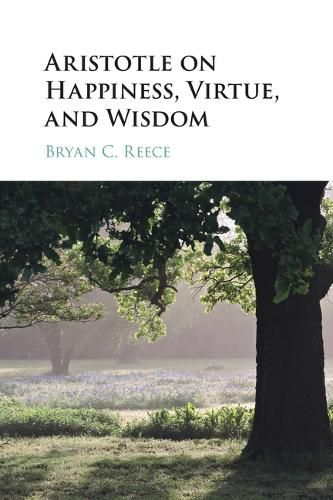Readings Newsletter
Become a Readings Member to make your shopping experience even easier.
Sign in or sign up for free!
You’re not far away from qualifying for FREE standard shipping within Australia
You’ve qualified for FREE standard shipping within Australia
The cart is loading…






Aristotle thinks that happiness is an activity - it consists in doing something - rather than a feeling. It is the best activity of which humans are capable and is spread out over the course of a life. But what kind of activity is it? Some of his remarks indicate that it is a single best kind of activity, intellectual contemplation. Other evidence suggests that it is an overarching activity that has various virtuous activities, ethical and intellectual, as parts. Numerous interpreters have sharply disagreed about Aristotle's answers to such questions. In this book, Bryan Reece offers a fundamentally new approach to determining what kind of activity Aristotle thinks happiness is, one that challenges widespread assumptions that have until now prevented a dialectically satisfactory interpretation. His approach displays the boldness and systematicity of Aristotle's practical philosophy.
$9.00 standard shipping within Australia
FREE standard shipping within Australia for orders over $100.00
Express & International shipping calculated at checkout
Aristotle thinks that happiness is an activity - it consists in doing something - rather than a feeling. It is the best activity of which humans are capable and is spread out over the course of a life. But what kind of activity is it? Some of his remarks indicate that it is a single best kind of activity, intellectual contemplation. Other evidence suggests that it is an overarching activity that has various virtuous activities, ethical and intellectual, as parts. Numerous interpreters have sharply disagreed about Aristotle's answers to such questions. In this book, Bryan Reece offers a fundamentally new approach to determining what kind of activity Aristotle thinks happiness is, one that challenges widespread assumptions that have until now prevented a dialectically satisfactory interpretation. His approach displays the boldness and systematicity of Aristotle's practical philosophy.